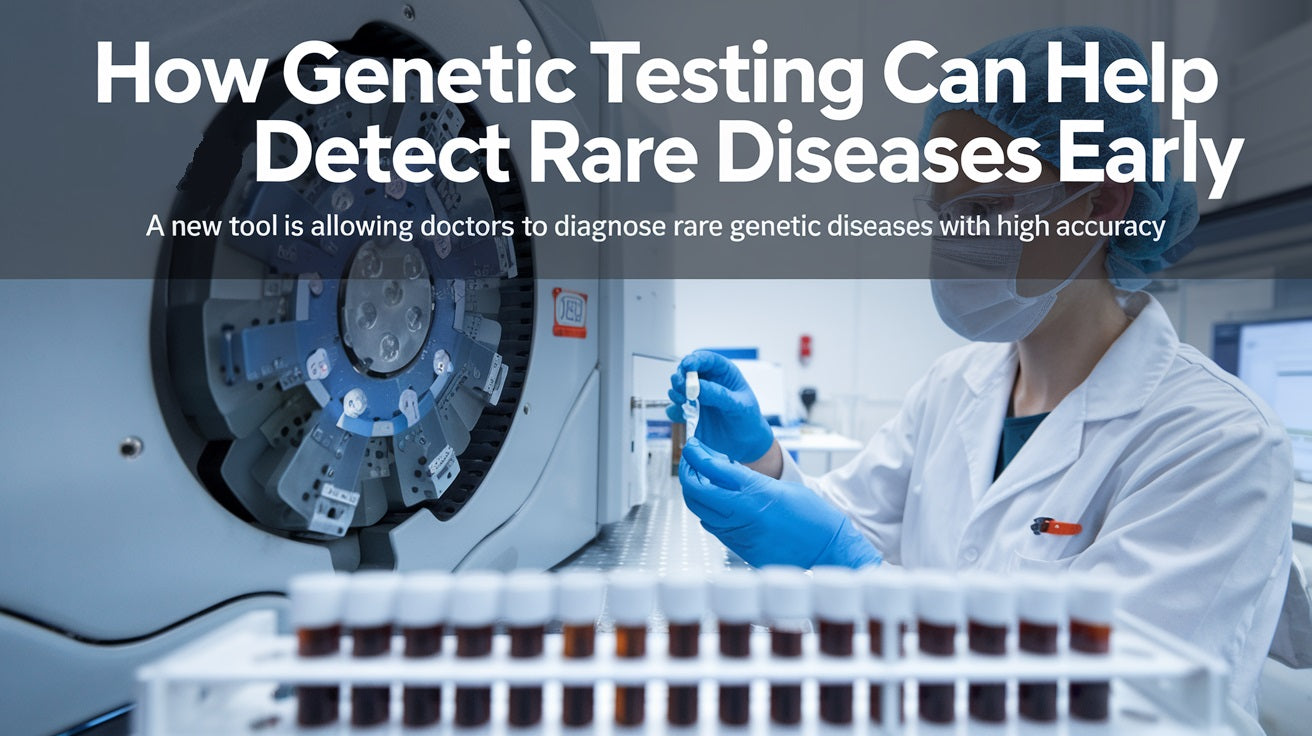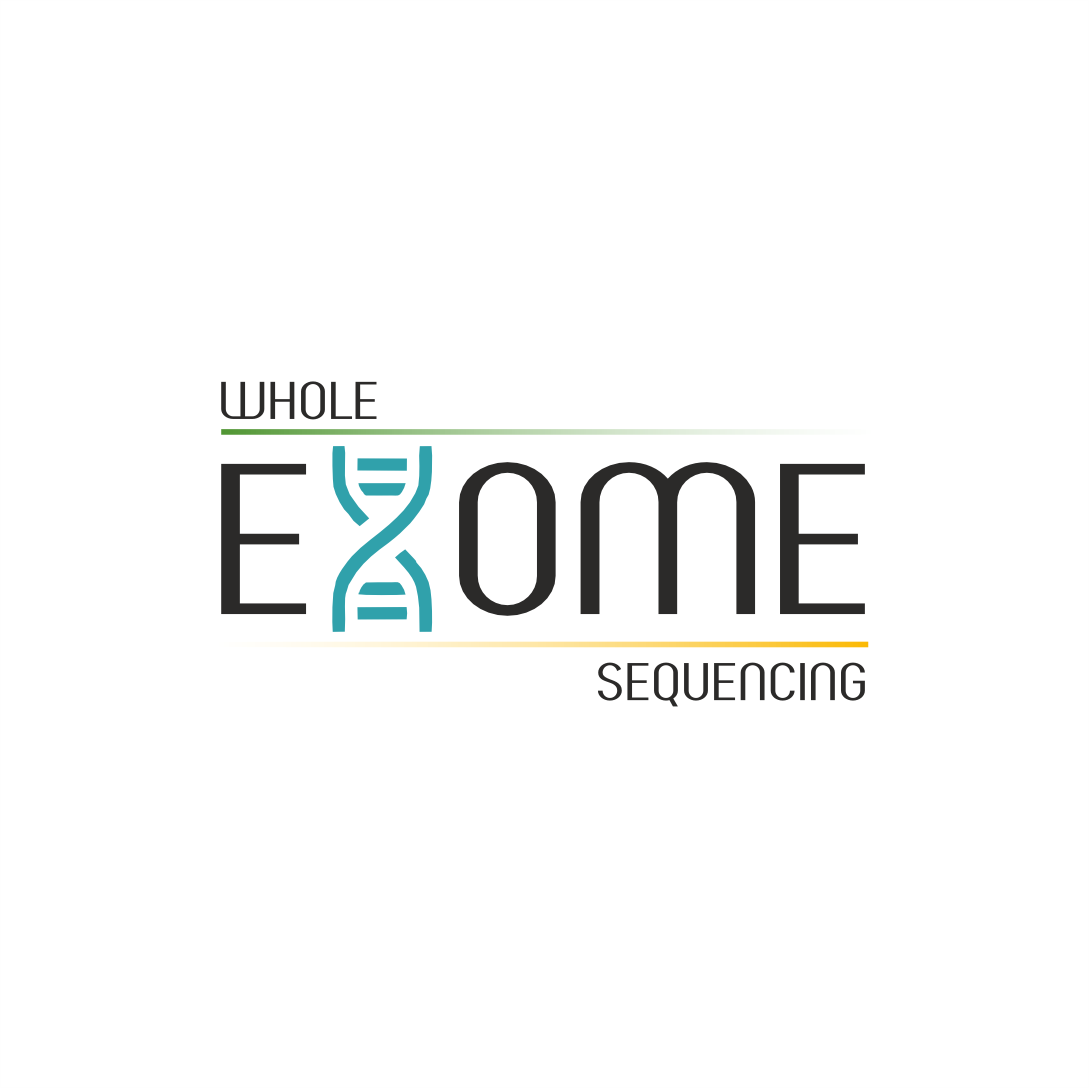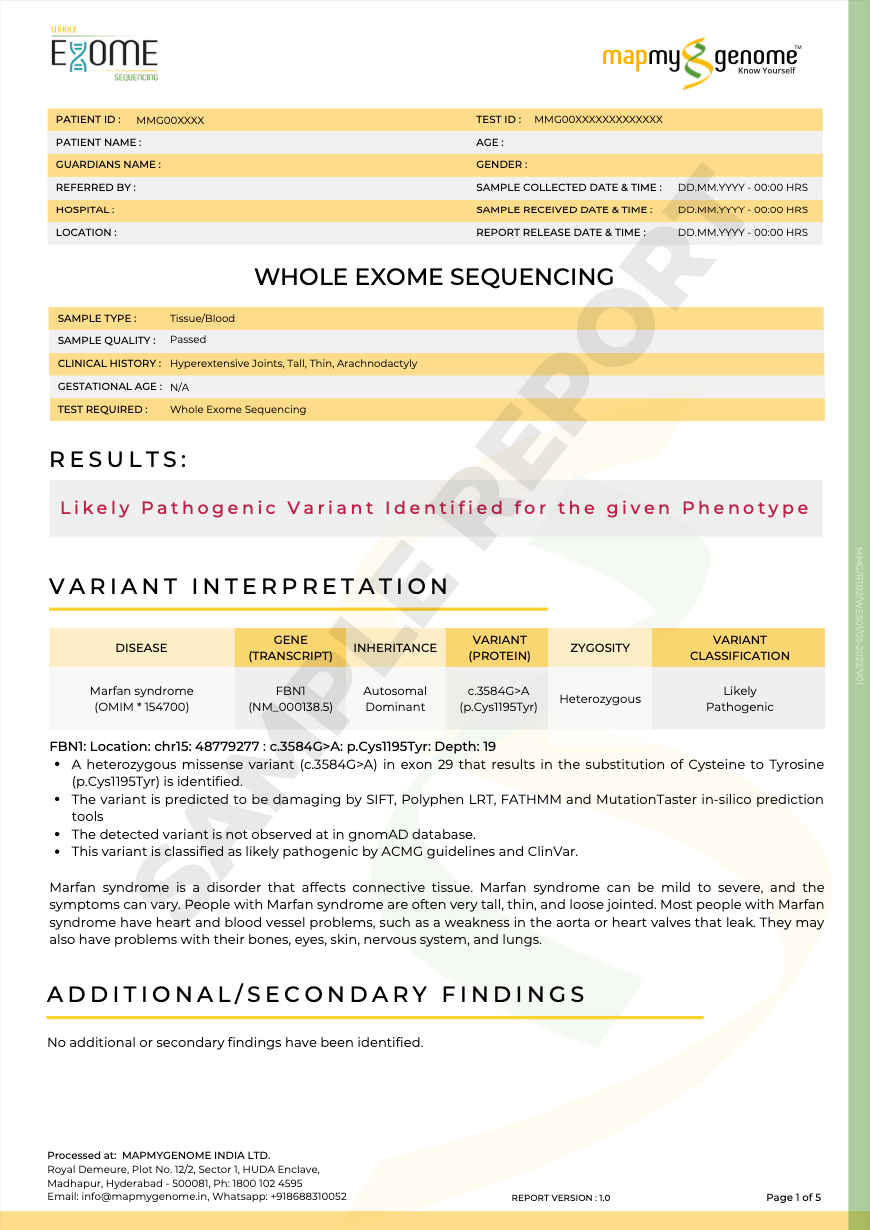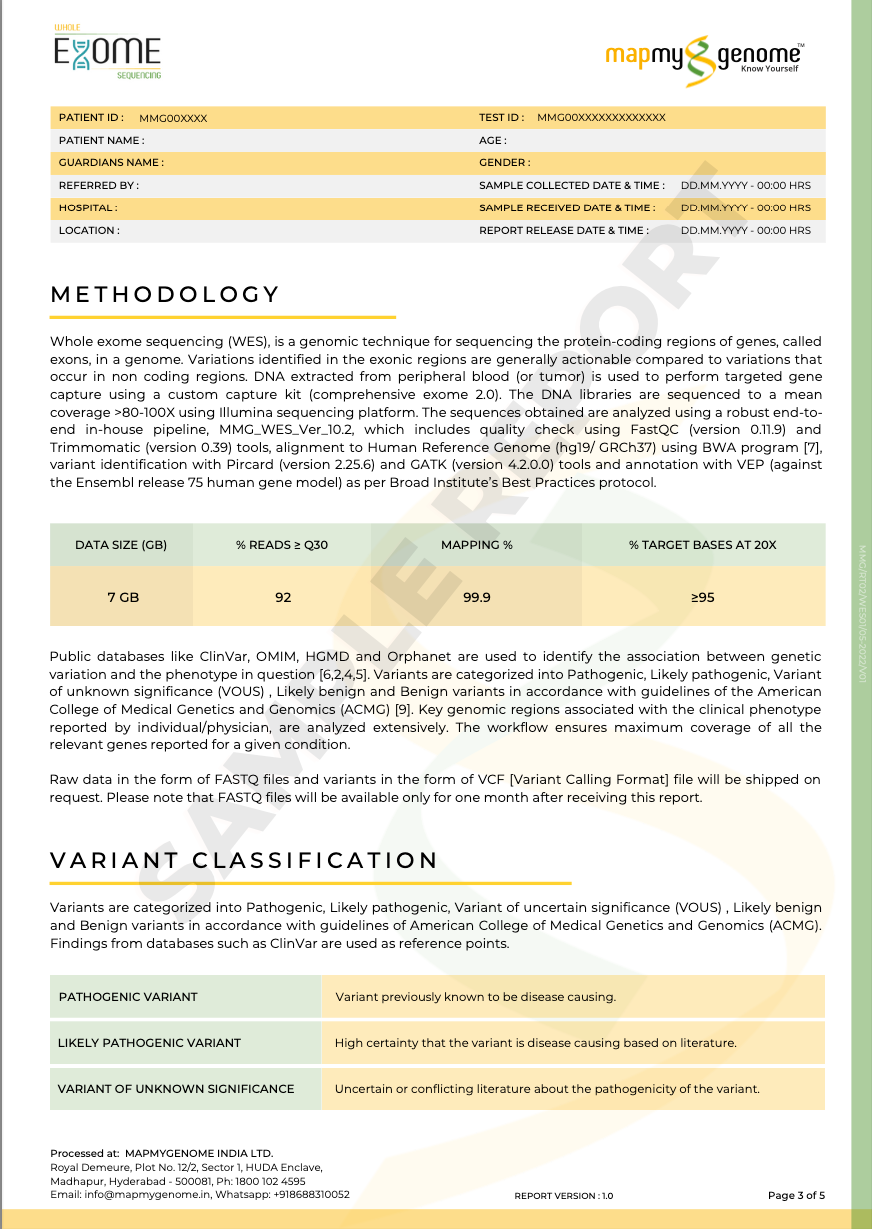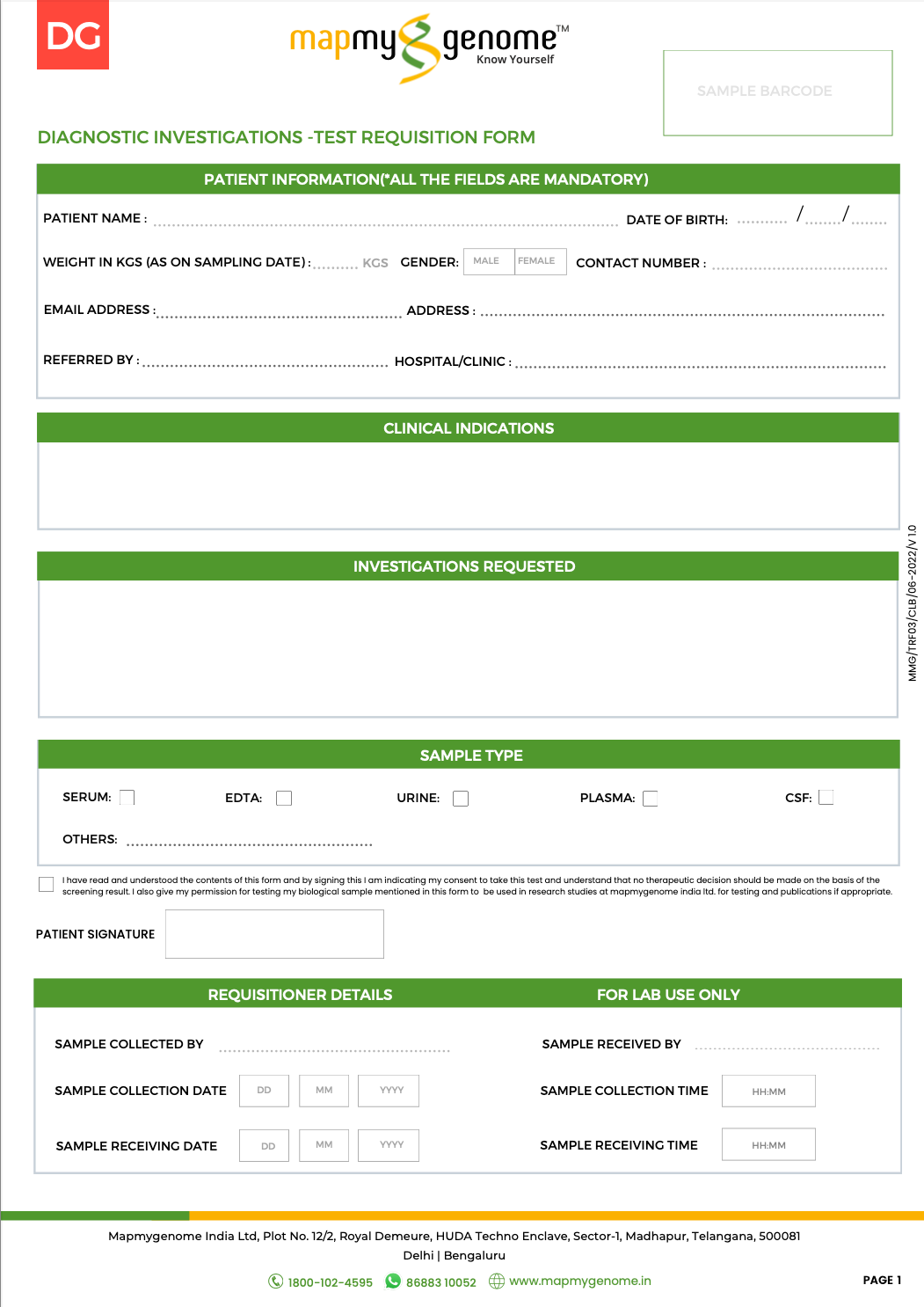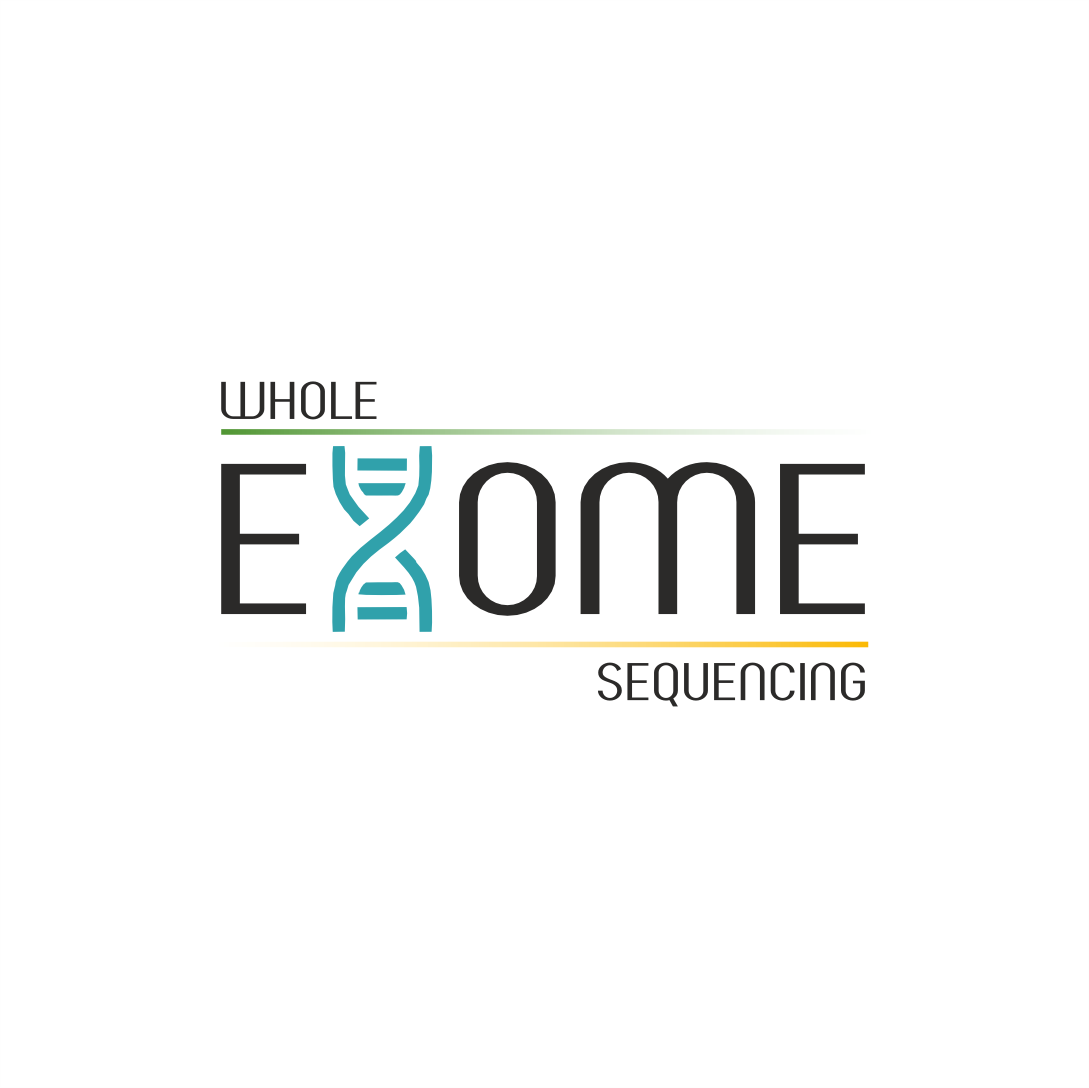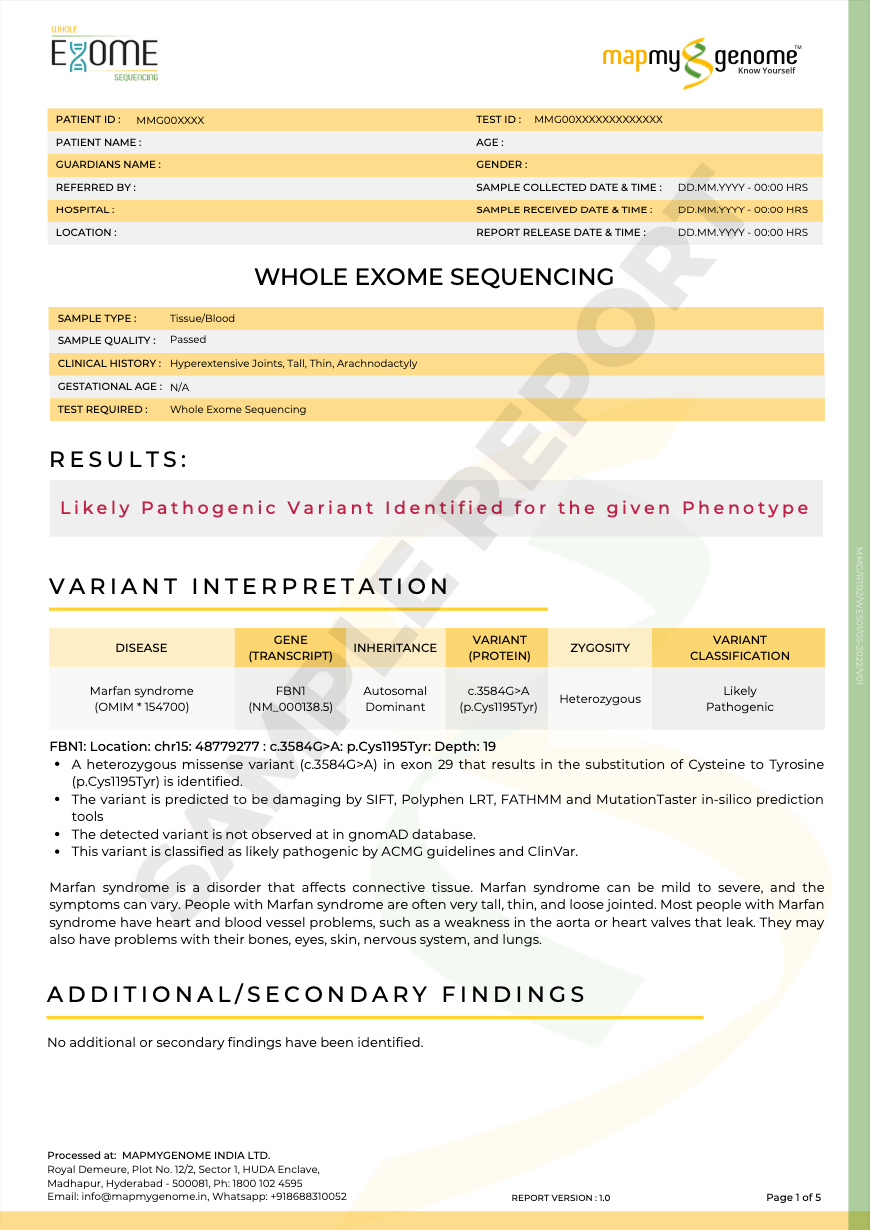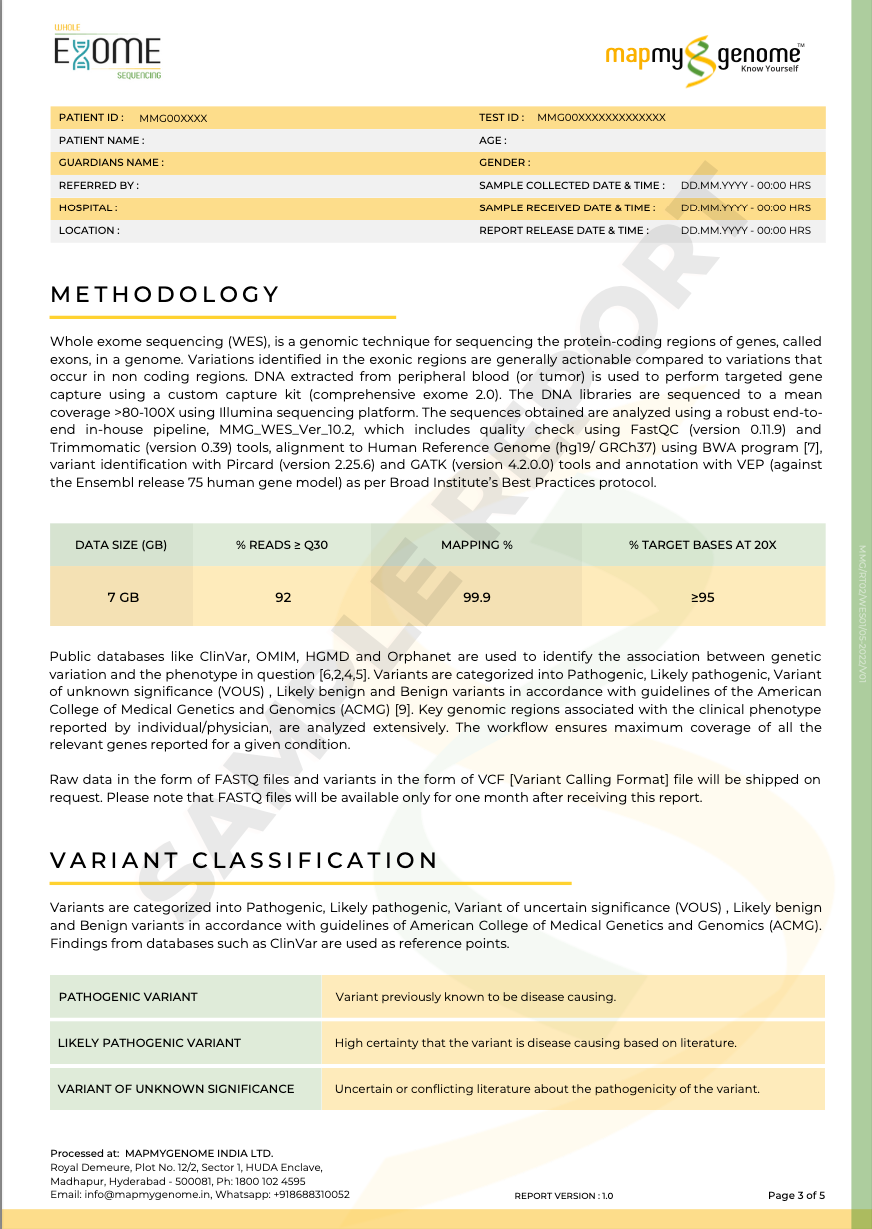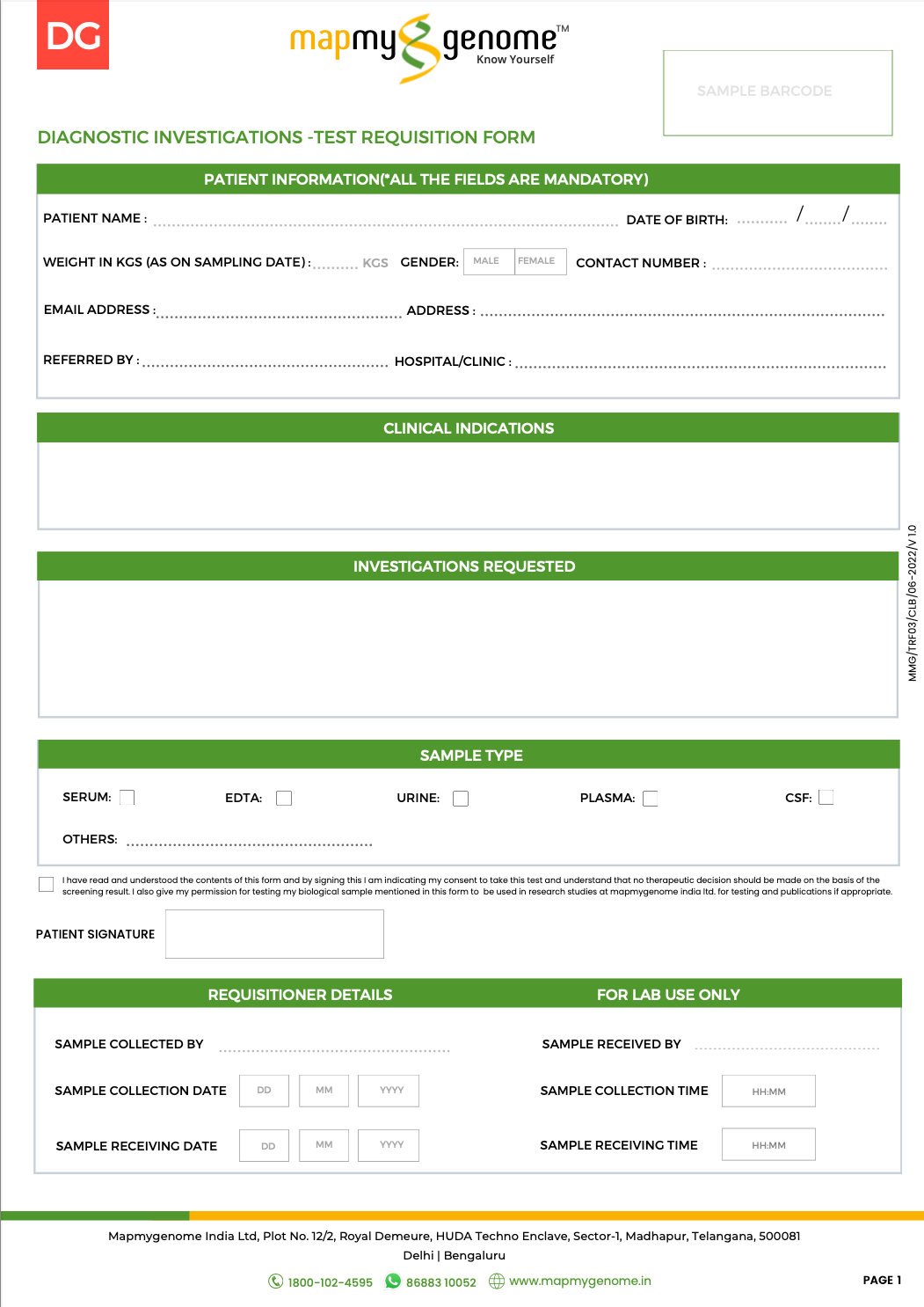दुर्लभ बीमारियाँ ऐसी चिकित्सा स्थितियाँ हैं जो आबादी के एक छोटे से हिस्से को प्रभावित करती हैं, जो अक्सर निदान और उपचार के लिए अनूठी चुनौतियाँ पेश करती हैं। दुनिया भर में 7,000 से ज़्यादा पहचानी गई दुर्लभ बीमारियाँ , जो अनुमानित 300 मिलियन लोगों को प्रभावित करती हैं, इन स्थितियों को प्रभावी ढंग से प्रबंधित करने के लिए शुरुआती पहचान बहुत ज़रूरी है। हालाँकि, उनकी दुर्लभता और जटिलता के कारण, दुर्लभ बीमारियों का निदान करना मुश्किल हो सकता है और इसमें सालों लग सकते हैं।
यहीं पर आनुवंशिक परीक्षण महत्वपूर्ण भूमिका निभाता है। किसी व्यक्ति के डीएनए का विश्लेषण करके, आनुवंशिक परीक्षण दुर्लभ बीमारी के मूल कारण की पहचान करने में मदद कर सकता है, जिससे शुरुआती पहचान, उचित निदान और समय पर हस्तक्षेप संभव हो सकता है। इस ब्लॉग में, हम यह पता लगाएंगे कि आनुवंशिक परीक्षण दुर्लभ बीमारियों का पता लगाने में कैसे सहायता कर सकता है, इससे क्या लाभ मिलते हैं और जोखिम वाले लोगों को इसे क्यों अपनाना चाहिए।
दुर्लभ बीमारियाँ क्या हैं?
दुर्लभ रोग, जिन्हें अनाथ रोग भी कहा जाता है, ऐसी स्थितियाँ हैं जो आबादी के एक छोटे प्रतिशत को प्रभावित करती हैं। अमेरिका में, किसी बीमारी को दुर्लभ माना जाता है यदि वह 200,000 से कम लोगों को प्रभावित करती है, जबकि यूरोप में, इसे दुर्लभ माना जाता है यदि 2,000 में से 1 से कम लोग प्रभावित होते हैं। अपनी दुर्लभता के बावजूद, ये बीमारियाँ सामूहिक रूप से दुनिया भर में लाखों लोगों को प्रभावित करती हैं।
दुर्लभ बीमारियों के कुछ प्रसिद्ध उदाहरणों में शामिल हैं:
- हंटिंगटन रोग : एक न्यूरोडीजेनेरेटिव विकार जो गति, संज्ञान और व्यवहार को प्रभावित करता है।
- सिस्टिक फाइब्रोसिस : एक आनुवंशिक विकार जो मुख्य रूप से फेफड़ों और पाचन तंत्र को प्रभावित करता है।
- ड्यूचेन मस्कुलर डिस्ट्रॉफी : एक आनुवंशिक विकार जो प्रगतिशील मांसपेशी अध:पतन और कमजोरी का कारण बनता है।
- टे-सैक्स रोग : एक घातक आनुवंशिक विकार जो मस्तिष्क और रीढ़ की हड्डी में तंत्रिका कोशिकाओं को प्रभावित करता है।
अधिकांश दुर्लभ बीमारियों की उत्पत्ति आनुवंशिक होती है, जिसका अर्थ है कि वे किसी व्यक्ति के डीएनए में उत्परिवर्तन या परिवर्तन के कारण होती हैं। यही कारण है कि इन स्थितियों का प्रारंभिक निदान करने के लिए आनुवंशिक परीक्षण एक आवश्यक उपकरण बन गया है।
दुर्लभ बीमारियों के लिए आनुवंशिक परीक्षण कैसे काम करता है
आनुवंशिक परीक्षण में किसी व्यक्ति के डीएनए की जांच करके उन उत्परिवर्तनों या असामान्यताओं की पहचान की जाती है जो किसी बीमारी के लिए जिम्मेदार हो सकते हैं। इस प्रक्रिया में आम तौर पर शामिल हैं:
- नमूना संग्रहण : रक्त, लार या अन्य ऊतक का नमूना लिया जाता है और विश्लेषण के लिए प्रयोगशाला में भेजा जाता है।
- डीएनए अनुक्रमण : प्रयोगशाला डीएनए को अनुक्रमित करती है ताकि विशिष्ट उत्परिवर्तनों की खोज की जा सके जो दुर्लभ बीमारियों से जुड़े माने जाते हैं।
- परिणामों की व्याख्या : एक आनुवंशिकीविद् या स्वास्थ्य सेवा प्रदाता परीक्षण के परिणामों की व्याख्या करता है और निष्कर्षों के आधार पर निदान प्रदान करता है।
दुर्लभ बीमारियों का पता लगाने के लिए विभिन्न प्रकार के आनुवंशिक परीक्षण किये जाते हैं:
-
सिंगल जीन परीक्षण : यह परीक्षण किसी विशिष्ट जीन में उत्परिवर्तन की जांच करता है जो किसी दुर्लभ बीमारी का कारण बनता है। उदाहरण के लिए, यदि किसी मरीज को हंटिंगटन रोग होने का संदेह है, तो सिंगल जीन परीक्षण HTT जीन पर ध्यान केंद्रित करेगा।
-
पैनल परीक्षण : पैनल परीक्षण एक साथ कई जीनों का विश्लेषण करते हैं, जो कई जीनों में से किसी में उत्परिवर्तन के कारण होने वाली स्थितियों का पता लगाने के लिए उपयोगी है। इसका उपयोग आमतौर पर मस्कुलर डिस्ट्रॉफी या कार्डियोमायोपैथी जैसी बीमारियों के लिए किया जाता है।
-
संपूर्ण एक्सोम अनुक्रमण (WES) : WES जीनोम में सभी प्रोटीन-कोडिंग जीन को देखता है और इसका उपयोग अक्सर तब किया जाता है जब रोग पैदा करने वाला उत्परिवर्तन स्पष्ट नहीं होता है। यह परीक्षण दुर्लभ बीमारियों से जुड़े नए या अज्ञात उत्परिवर्तनों की पहचान करने में अत्यधिक लाभकारी है।
-
संपूर्ण जीनोम अनुक्रमण (WGS) : WGS किसी व्यक्ति के संपूर्ण जीनोम का विश्लेषण करता है, जिससे आनुवंशिक जानकारी पर सबसे व्यापक नज़र आती है। इसका उपयोग तब किया जाता है जब अन्य विधियाँ किसी दुर्लभ बीमारी के लिए ज़िम्मेदार उत्परिवर्तन का पता लगाने में विफल हो जाती हैं।
दुर्लभ बीमारियों का शीघ्र पता लगाने का महत्व
दुर्लभ बीमारियों का समय पर पता लगना बीमारी के परिणाम और प्रबंधन में महत्वपूर्ण अंतर ला सकता है। यहाँ बताया गया है कि आनुवंशिक परीक्षण कैसे समय रहते पता लगाने में मदद करता है और यह क्यों महत्वपूर्ण है:
1. निदान में देरी कम होती है
दुर्लभ बीमारियों से पीड़ित कई व्यक्तियों को निदान के लिए लंबी यात्रा करनी पड़ती है, जिसे अक्सर "निदान संबंधी कठिनाइयाँ" कहा जाता है। इस प्रक्रिया में कई साल लग सकते हैं, क्योंकि सही निदान पाने से पहले मरीज़ कई विशेषज्ञों के पास जाते हैं। आनुवंशिक परीक्षण अंतर्निहित आनुवंशिक कारण के बारे में सटीक जानकारी प्रदान करके इस समय को नाटकीय रूप से कम कर सकता है।
इस त्वरित निदान से रोगियों को उचित उपचार या प्रबंधन योजना पहले ही शुरू करने में मदद मिलती है, जिससे जटिलताओं को रोका जा सकता है और जीवन की गुणवत्ता में सुधार हो सकता है।
2. शीघ्र हस्तक्षेप और उपचार को सक्षम बनाता है
एक बार आनुवंशिक परीक्षण के माध्यम से किसी दुर्लभ बीमारी की पहचान हो जाने पर, डॉक्टर विशिष्ट स्थिति के अनुरूप एक व्यक्तिगत उपचार योजना तैयार कर सकते हैं। कुछ बीमारियों के लिए, प्रारंभिक हस्तक्षेप से बीमारी की प्रगति धीमी हो सकती है, लक्षणों को रोका जा सकता है या यहां तक कि इलाज भी मिल सकता है।
उदाहरण के लिए, नवजात शिशु की जांच के माध्यम से सिस्टिक फाइब्रोसिस का शीघ्र पता लगाने से उपचार के साथ शीघ्र हस्तक्षेप संभव हो जाता है, जिससे जीवन लम्बा हो सकता है और फेफड़ों की कार्यक्षमता में सुधार हो सकता है।
3. प्रजनन और परिवार नियोजन संबंधी जानकारी प्रदान करता है
दुर्लभ बीमारियों के इतिहास वाले परिवारों के लिए, आनुवंशिक परीक्षण भविष्य के बच्चों में इस स्थिति के संक्रमण के जोखिम के बारे में मूल्यवान जानकारी प्रदान करता है। वाहक स्क्रीनिंग यह निर्धारित कर सकती है कि भावी माता-पिता किसी विशिष्ट आनुवंशिक उत्परिवर्तन के वाहक हैं या नहीं, जिससे उन्हें परिवार नियोजन के बारे में सूचित निर्णय लेने में मदद मिलती है, जैसे कि इन विट्रो फर्टिलाइजेशन (आईवीएफ) के दौरान प्रीइम्प्लांटेशन जेनेटिक डायग्नोसिस (पीजीडी) का विकल्प चुनना।
4. क्लिनिकल परीक्षणों में भागीदारी को सुगम बनाता है
आनुवंशिक परीक्षण के माध्यम से किसी दुर्लभ बीमारी का निदान किए जाने वाले व्यक्तियों के लिए, नए उपचारों के लिए नैदानिक परीक्षणों में भागीदारी एक विकल्प बन जाती है। कई दुर्लभ बीमारियों का कोई ज्ञात इलाज नहीं है, लेकिन अनुसंधान और प्रयोगात्मक उपचारों में प्रगति अक्सर इन परीक्षणों के माध्यम से उपलब्ध हो जाती है। प्रारंभिक निदान इन अवसरों की खोज के लिए द्वार खोलता है।
दुर्लभ रोगों के लिए आनुवंशिक परीक्षण के लाभ
दुर्लभ रोगों के लिए आनुवंशिक परीक्षण से कई महत्वपूर्ण लाभ मिलते हैं, जिनसे रोगी की देखभाल और परिणामों में सुधार हो सकता है:
1. सटीक निदान
किसी रोग के आनुवंशिक कारण की पहचान करने से निश्चित निदान संभव होता है, अनिश्चितता कम होती है और लक्षित प्रबंधन संभव होता है।
2. व्यक्तिगत उपचार योजनाएँ
कई दुर्लभ बीमारियों के लिए विशेष उपचार दृष्टिकोण की आवश्यकता होती है। आनुवंशिक परीक्षण यह सुनिश्चित करता है कि रोगियों को उनकी आनुवंशिक प्रोफ़ाइल के आधार पर सबसे उपयुक्त देखभाल मिले, जिससे उपचार की प्रभावशीलता बढ़ जाती है।
3. बेहतर पूर्वानुमान
कुछ मामलों में, समय पर पता लगाने और हस्तक्षेप से दुर्लभ बीमारियों वाले व्यक्तियों की जीवन प्रत्याशा बढ़ सकती है और जीवन की गुणवत्ता में सुधार हो सकता है। उदाहरण के लिए, स्पाइनल मस्कुलर एट्रोफी (SMA) जैसी स्थितियों के लिए समय पर उपचार से बीमारी की प्रगति को काफी हद तक धीमा किया जा सकता है।
4. सूचित परिवार नियोजन
दुर्लभ आनुवंशिक विकार के जोखिम वाले परिवार बच्चे पैदा करने के बारे में सोच-समझकर निर्णय ले सकते हैं, जिससे अगली पीढ़ी में रोग के फैलने की संभावना कम हो जाती है।
5. भावनात्मक राहत
निदान की यह यात्रा रोगियों और परिवारों के लिए भावनात्मक रूप से थका देने वाली यात्रा हो सकती है। आनुवंशिक परीक्षण स्पष्टता और समापन प्रदान करता है, एक ठोस निदान प्रदान करके राहत की भावना प्रदान करता है।
दुर्लभ बीमारियों के लिए आनुवंशिक परीक्षण पर किसे विचार करना चाहिए?
हर किसी को आनुवंशिक परीक्षण की आवश्यकता नहीं होती है, लेकिन कुछ समूहों को इस पर गंभीरता से विचार करना चाहिए, खासकर यदि:
- यदि आपके परिवार में किसी को दुर्लभ रोग का इतिहास रहा हो : यदि आपके किसी रिश्तेदार को किसी दुर्लभ रोग का पता चला है, तो आनुवंशिक परीक्षण आपके जोखिम को निर्धारित करने में मदद कर सकता है।
- आप या आपके बच्चे में अस्पष्टीकृत लक्षण हैं : यदि कई परीक्षणों और परामर्शों के बावजूद कोई चिकित्सा स्थिति निदान योग्य नहीं रहती है, तो आनुवंशिक परीक्षण से इसका कारण पता लगाया जा सकता है।
- आप बच्चे पैदा करने पर विचार कर रहे हैं : यदि किसी दुर्लभ आनुवंशिक विकार का पारिवारिक इतिहास है, तो वाहक स्क्रीनिंग या गर्भधारण-पूर्व आनुवंशिक परीक्षण परिवार नियोजन संबंधी निर्णय लेने में मदद कर सकता है।
अंतिम विचार: दुर्लभ रोगों के प्रति सक्रिय दृष्टिकोण
आनुवंशिक परीक्षण ने दुर्लभ बीमारियों का पता लगाने और उनका प्रबंधन करने के तरीके में क्रांति ला दी है। सटीक, प्रारंभिक निदान प्रदान करके, आनुवंशिक परीक्षण कई रोगियों को उनके निदान की यात्रा के दौरान सामना करने वाली अनिश्चितताओं को कम कर सकता है और नए उपचार की संभावनाओं को खोल सकता है। आनुवंशिक अनुसंधान और प्रौद्योगिकी में प्रगति के साथ, इन परीक्षणों की पहुंच और सामर्थ्य में सुधार जारी है, जिससे वे व्यक्तिगत चिकित्सा में एक मूल्यवान उपकरण बन गए हैं।
यदि आपको या आपके किसी प्रियजन को किसी दुर्लभ आनुवंशिक स्थिति का संदेह है या आपके परिवार में इसका इतिहास है, तो अपने स्वास्थ्य सेवा प्रदाता के साथ आनुवंशिक परीक्षण विकल्पों पर चर्चा करना बेहतर स्वास्थ्य परिणामों की दिशा में एक सक्रिय कदम हो सकता है। अपने आनुवंशिक मेकअप को समझना दुर्लभ बीमारियों के लिए शुरुआती पहचान और व्यक्तिगत देखभाल की दिशा में पहला कदम है।


